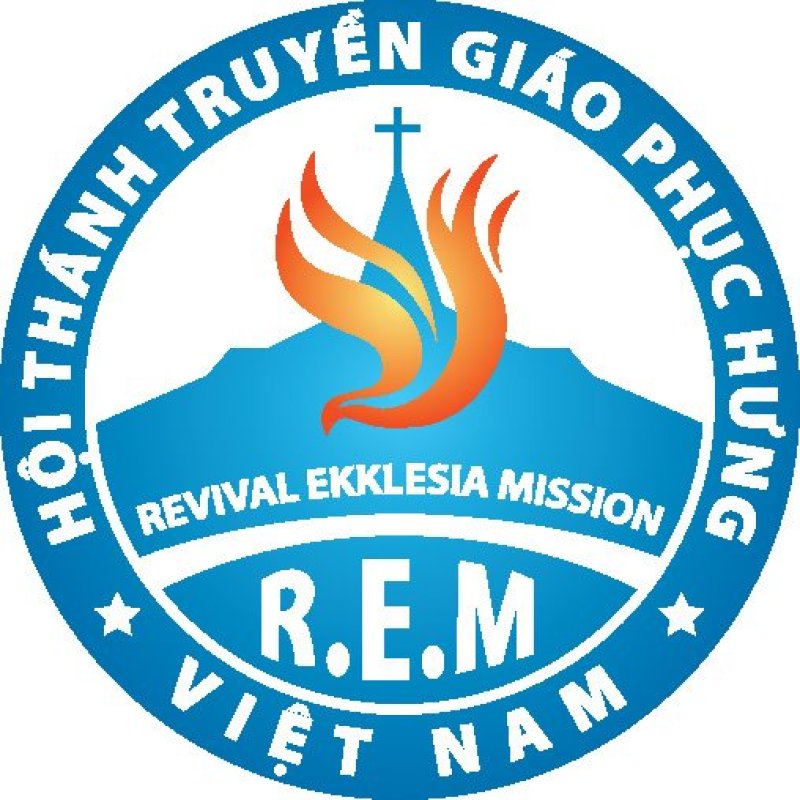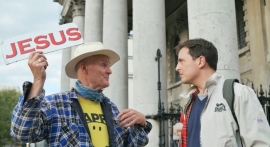
A Vietnamese Christian group is in danger of losing the authority to hold religious gatherings following a COVID-19 outbreak in its center.
On May 26, a couple who attended a meeting at Revival Ekklesia Mission (REM), a house church organization in Ho Chi Minh City, tested positive for coronavirus. The diagnosis led to the discovery that 211 others were also infected and the infection has spread to seven more provinces.
With this, the government imposed a temporary suspension of the church's registration. In addition, the local security police also launched a criminal investigation against the group and threatened REM with "permanent erasure" if found to have committed serious violations, Morning Star News reported.
In adherence to the country's pandemic regulation, imposing ban on meetings with more than 20 people, the REM church holds its worship services online. Rev. Vo Xuan Loan said that when the infected couple went to the house church gathering, there were only seven people.
To control the outbreak, the government has decided to lock down Ho Chi Minh City and imposed suspension on incoming flights from abroad.
The people in REM's two other branches in Hanoi were also tested but were found negative. However, in a move that seems to be a punishment on churches, the authorities ordered closure of all religious gatherings in the city.
Relative to the incident, the Government Committee for Religious Affairs has directed local authorities to require house churches undergo inspection and education for COVID-19 regulations.
With these actions, Christians are concerned that the government would use the REM incident to impose stricter restrictions on house churches.
Though stricken with COVID-19, Rev. Loan, with her husband Rev. Phuong Van Tan, wrote a letter from her hospital bed, apologizing to the people affected with the outbreak in their center and expressing gratitude to the authorities for helping those who were infected. In an interview with a local newspaper, the leader also pledged to pay government services and medical cost relative to the spread, as well as to reimburse the economic loss of people.
Further to the Vietnamese administration's actions against the religious group, the government-controlled media had also thrown negative reports about REM. A Methodist pastor had written Prime Minister Pham Minh Chinh asking for compassion towards the organization, pointing out that REM was a victim itself and that the spread was not done deliberately.
An archbishop in Ho Chi Minh City had also written the Catholic priests in the country, echoing the pastor's statement.
In support of the Christian group, a Catholic organization published an article in Vietnamese language, addressing the online campaigns against REM, its members and Christian faith. It also questioned the public attacks against the group since there were also other outbreak sources in the past, which were even larger, but not treated that way.
The article also called for people to "support each other in prayer and encourage one another to overcome" the situation.
But Vietnamese believers are doubting if their plea would ever be heard by the government. A communist state, Vietnam persecutes Christians, especially the "non-traditional Protestants and converts from indigenous religions." According to Open Doors USA, the country rank's as 19th most challenging nation in the world for Christians.



















